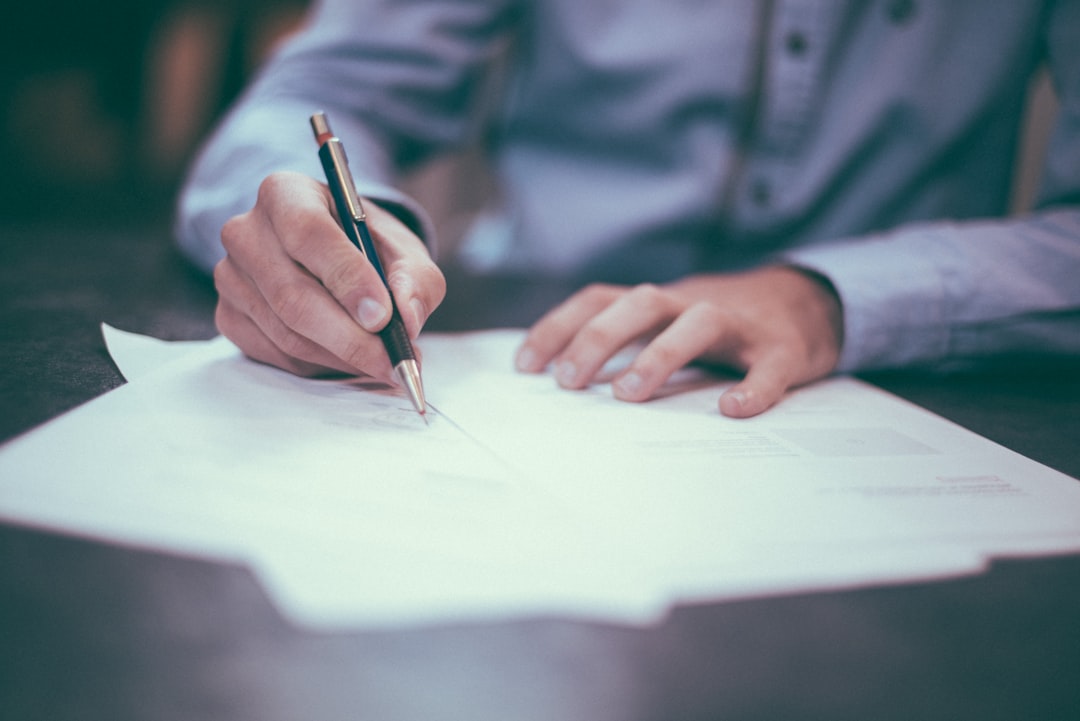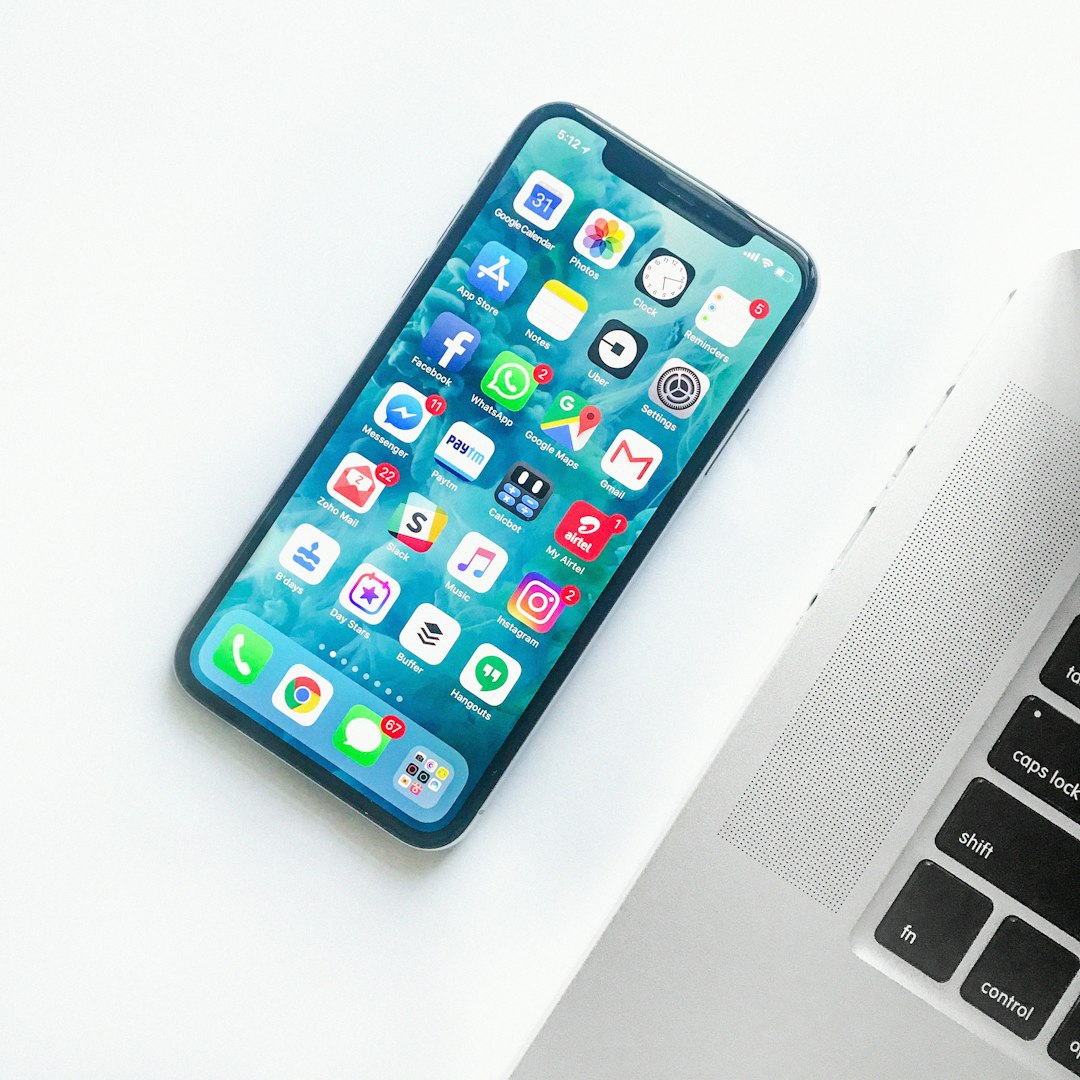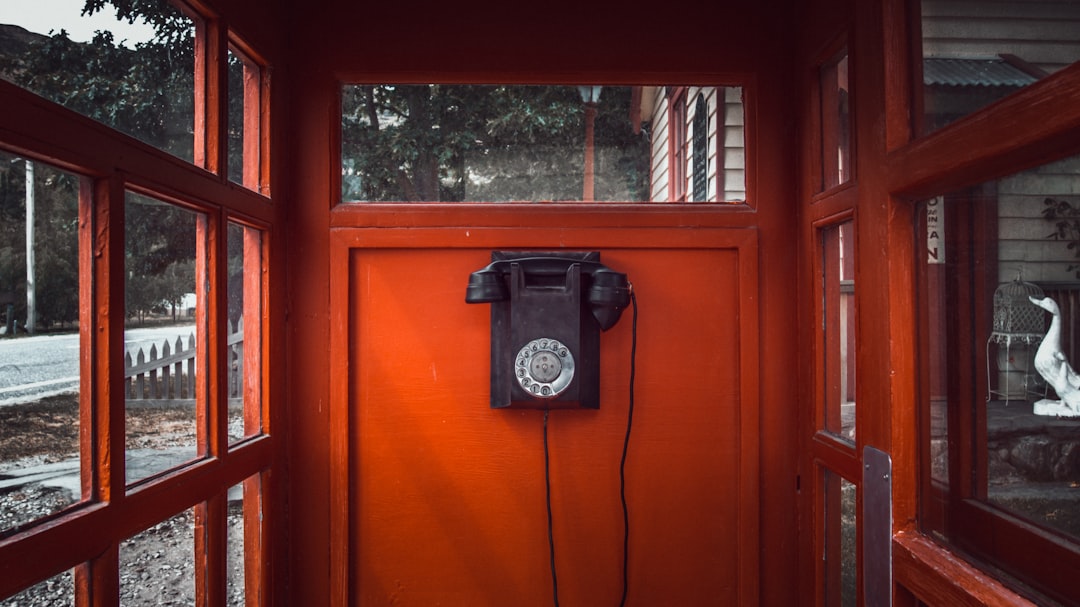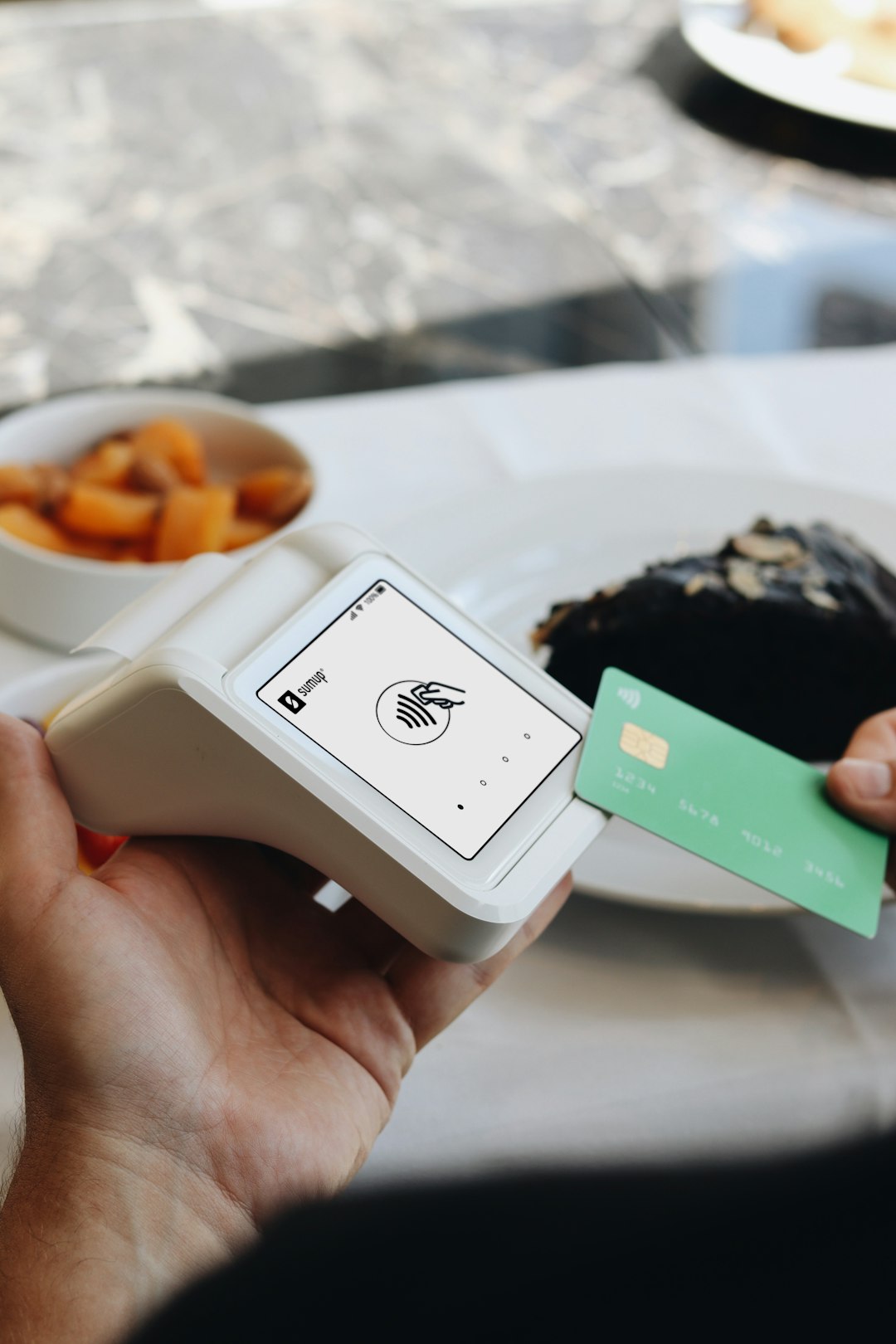In Savannah, recognizing robocall patterns is vital for protection against illegal calls. Scammers use unknown numbers and threats. Georgia's TCPA and Telemarketing Act offer legal safeguards. Consulting a lawyer specializing in unwanted calls in Georgia can help enforce rights and stop harassment. Don't just block numbers; combine legal measures, call blocking apps, and reporting to regain control of communication channels.
In Savannah, illegal robocalls have become a persistent nuisance, but recognizing patterns can help you identify and combat these unwanted calls. This article explores common characteristics of robocalls in Savannah, highlighting legal protections available under Georgia law, and offers practical steps to take action against these intrusive phone scams. If you’re seeking relief as a victim of illegal robocalls, connect with a qualified lawyer for unwanted call Georgia for expert guidance.
Recognizing Common Robocall Patterns in Savannah

In Savannah, recognizing common patterns in robocalls is an important step to protect against unwanted and illegal calls. These automated phone systems often employ specific tactics to evade detection and target potential victims. By identifying recurring characteristics, residents can better understand the methods used by scammers and take proactive measures. For instance, many illegal robocalls originate from unknown or out-of-state numbers, suggesting a lack of compliance with local regulations.
Additionally, certain phrases, urgent requests for personal information, and threats of legal action are frequent red flags. A lawyer specializing in unwanted calls in Georgia can provide invaluable guidance on navigating these complex issues. They can help victims understand their rights and explore legal options against persistent robocallers. Staying informed about these patterns is a powerful tool for Savannah residents to defend against fraudsters and ensure a safer digital environment.
Legal Protections Against Unwanted Calls in Georgia

In the state of Georgia, including Savannah, there are robust legal protections in place to safeguard residents from unwanted telephone calls, particularly those deemed fraudulent or harassing. The Telephone Consumer Protection Act (TCPA) is a federal law that restricts certain practices related to telemarketing and robocalls. It prohibits automated phone systems from calling individuals without prior express consent, especially for marketing purposes.
Georgia also has its own regulations, such as the Georgia Telemarketing Act, which complements federal laws. If you’ve received illegal or unwanted calls, consulting a lawyer specializing in unwanted call cases in Georgia can be beneficial. They can help determine if your rights have been violated and guide you through legal options available to seek compensation or stop the harassment.
Taking Action: What to Do About Robocalls

If you’re experiencing a surge in unwanted robocalls, it’s crucial to take action. While blocking individual numbers can provide temporary relief, these automated calls often change their tactics and numbers rapidly. A robust solution involves consulting a lawyer specializing in unwanted calls, especially in Georgia. Legal experts can guide you through available options, including registering on the National Do Not Call Registry and exploring class-action lawsuits if necessary. They can also help you understand your rights under state and federal laws, such as the Telephone Consumer Protection Act (TCPA), which restricts automated calling practices.
In addition to legal recourse, consider using reputable call blocking apps or hardware devices designed to filter out robocalls. Sharing information about suspicious calls with local authorities and consumer protection agencies can also help curb this nuisance. Staying informed about current robocall trends and keeping your contact details secure are essential steps in reclaiming control of your communication channels.






